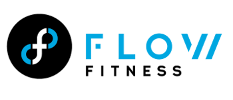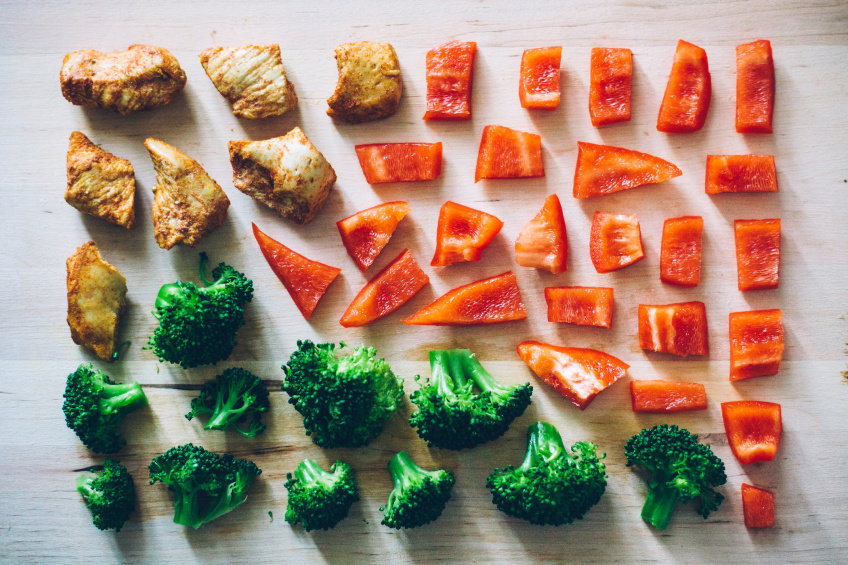Contrary to what you might expect, the hour or so spent in the elliptical or weight room is secondary compared to how you plan your meals before and after the main event. While the health benefits of a regular exercise routine certainly cannot be overstated, a diet filled with empty calories and minimal nutrients can and will work against you when it’s time to hit the gym. Fueling your body with the right foods both pre- and post- workout will produce the most payoff, turning nutrients into energy for stamina and improving body composition to help maintain your ideal weight and overall health.
Healthy, complex carbohydrates are your body’s best friend prior to a workout, while hearty proteins should be limited until afterwards (of course, remember to have a water bottle on hand at all times!).
You’ve likely heard of “carb-loading,” a common practice used by marathon runners to supercharge muscle energy stores in time for race day. Though mass carb consumption is intended for endurance athletes and not necessary before short workouts, the energy-boosting effects of healthy carbohydrates remain just as important. After your session, reach for lean proteins to help your body recover and build muscle to give you the upper-hand in future workouts.
Mileage can vary when it comes to these general guidelines — especially for those with special dietary needs or restrictions. Fortunately, there is often a way to get your share of healthy carbs and proteins from the foods on your grocery list.
Whole grain pasta, bread and rice are surefire ways for vegetarians to eat complex carbs, while some of these (namely most pastas) may not be vegan-friendly. Whole fruits and starchy vegetables such as sweet potatoes, squash and corn are healthy carb sources for both vegetarians and vegans. Beans or lentils and rice make a complete protein when eaten together, and can make a delicious pre- or post-workout snack or meal when sprinkled with dairy or vegan cheese. A scoop of natural peanut butter on an apple or whole grain toast can provide protein, carbs and healthy fats.
Lucky for those with Celiac disease or otherwise gluten-free lifestyles, pasta is not off the table with the variety of tasty gluten-free options on today’s market. Alternative carbohydrate sources include quinoa, corn tortillas and potatoes, while protein can be found in beans, healthy and gluten-free grains including brown rice, nuts and seeds, or protein-rich veggies such as asparagus, broccoli and brussels sprouts. For on-the-go energy, try a gluten-free protein bar such as Larabar and Luna bars.
Of course, there are dozens more special diets out there, and it’s always imperative to take any food allergies or preferences into account when planning snacks and meals. Whatever your approach, support your fitness goals with conscious eating to ensure you’re geared up to hit the floor at Flow!

